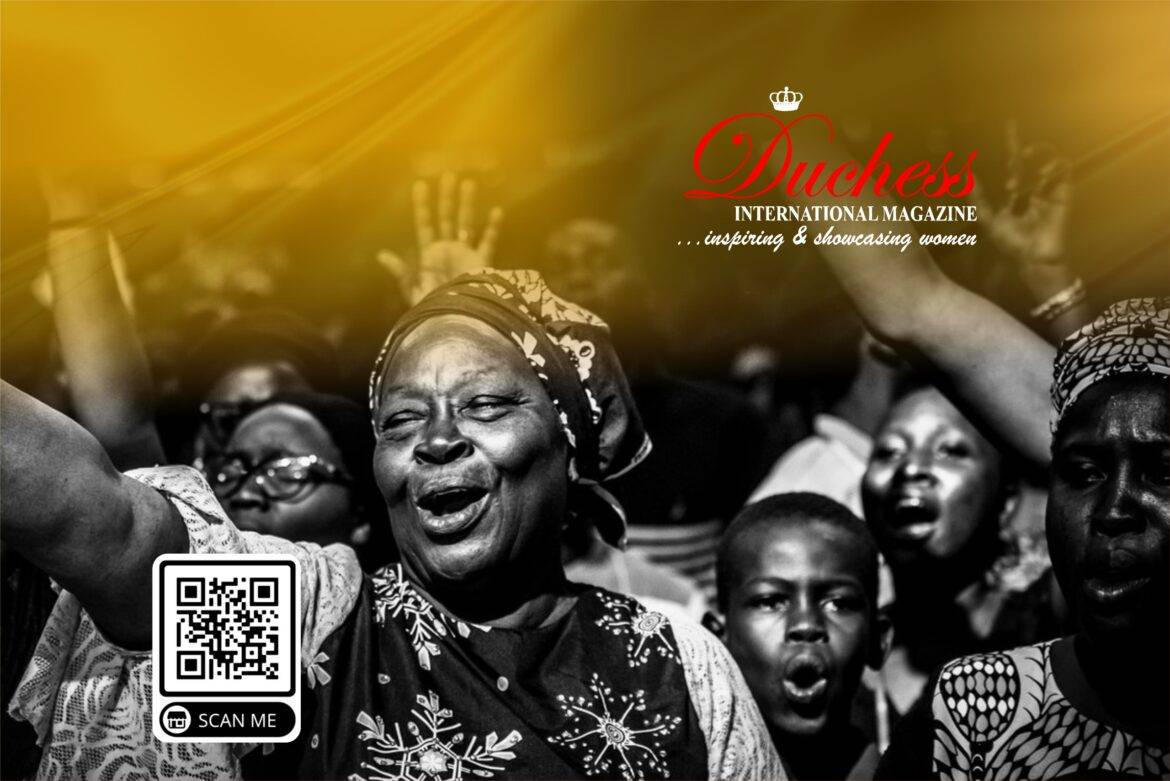4.2K

1-10: Traditional Attire
- Nigerian traditional attire varies by ethnicity, with over 250 ethnic groups.
- The Hausa/Fulani wear long, flowing robes (Agbada).
- Yoruba men wear Adire-printed Agbada.
- Igbo men wear Isiagu (lion’s head) patterned shirts.
- Women wear vibrant wrappers (Iro) and headscarves (Gele).
- Traditional clothing is worn during special occasions.
- Adire (tie-dye) and Ankara (batik) are popular textile designs.
- Nigerian fashion combines traditional and modern styles.
- Headwraps (Gele) signify marital status, age, or social standing.
- Traditional attire is passed down through generations.
11-20: Cuisine
- Nigerian cuisine includes Jollof rice, Suya (grilled meat), and Egusi soup.
- Popular snacks are Puff-Puff (fried dough) and Akara (bean cake).
- Tuwo Shinkafa (mashed rice) is a Northern favorite.
- Eba (thick cornmeal paste) is eaten with soups.
- Nigerian dishes often feature peanuts, palm oil, and spices.
- Breakfast includes Akamu (cornmeal porridge) or Kunu (millet drink).
- Plantains and yams are staple foods.
- Nigerian cuisine varies by region and ethnicity.
- Suya is Nigeria’s popular street food.
- Food is served communally, promoting unity.
21-30: Music and Dance
- Afrobeats, Highlife, and Fuji are popular music genres.
- Fela Kuti pioneered Afrobeats.
- Nigerian music influences global sounds.
- Traditional dances include Atilogwu (acrobatic) and Bata (drum-based).
- Music and dance are integral to cultural celebrations.
- The talking drum (Dundun) communicates messages.
- Nigerian hip-hop artists like Wizkid and Davido are global stars.
- Traditional instruments include the Omele (flute) and Shekere (beaded gourd).
- Music festivals like AfroPfingsten celebrate Nigerian culture.
- Dance styles blend traditional and modern moves.
31-40: Art and Craft
- Nigerian art includes wood carvings, pottery, and textiles.
- Traditional crafts are passed down through generations.
- Adire (tie-dye) and Batik are ancient textile techniques.
- Wood carvings depict mythological figures.
- Nigerian artists like Yinka Shonibare and El Anatsui are renowned.
- Traditional architecture features intricate designs.
- Crafts are used in ceremonial and everyday life.
- Nigerian art reflects cultural diversity.
- Masks are used in traditional performances.
- Artisanal crafts support local economies.
41-50: Festivals and Celebrations
- Nigeria celebrates Independence Day (October 1).
- Eid-al-Fitr marks Ramadan’s end.
- Christmas is celebrated with unique traditions.
- New Yam Festival honors harvest season.
- Osun Osogbo Festival honors the river goddess.
- Eyo Festival celebrates Lagos’ heritage.
- Ofala Festival marks royal coronations.
- Durbar Festival showcases Hausa/Fulani culture.
- Nigerian festivals blend music, dance, and food.
- Cultural events promote unity and heritage.
51-64: Family and Social

- Family is highly valued in Nigerian culture.
- Respect for elders is paramount.
- Traditional marriages involve elaborate ceremonies.
- Polygamy is practiced in some communities.
- Nigerian names often reflect cultural heritage.
- Community service is encouraged.
- Social hierarchy is based on age and status.
- Traditional greetings involve prostration or bowing.
- Nigerian hospitality is renowned.
- Storytelling is a cherished tradition.
- Proverbs convey wisdom and values.
- Nigerian culture emphasizes collectivism.
- Traditional justice systems prioritize reconciliation.
- Cultural heritage is preserved through oral traditions.



